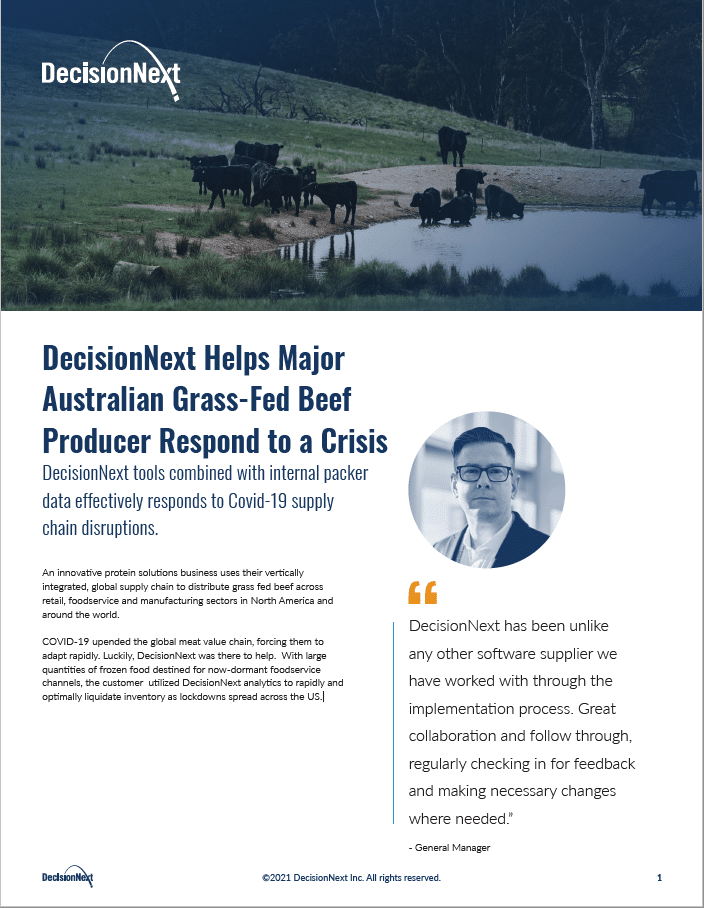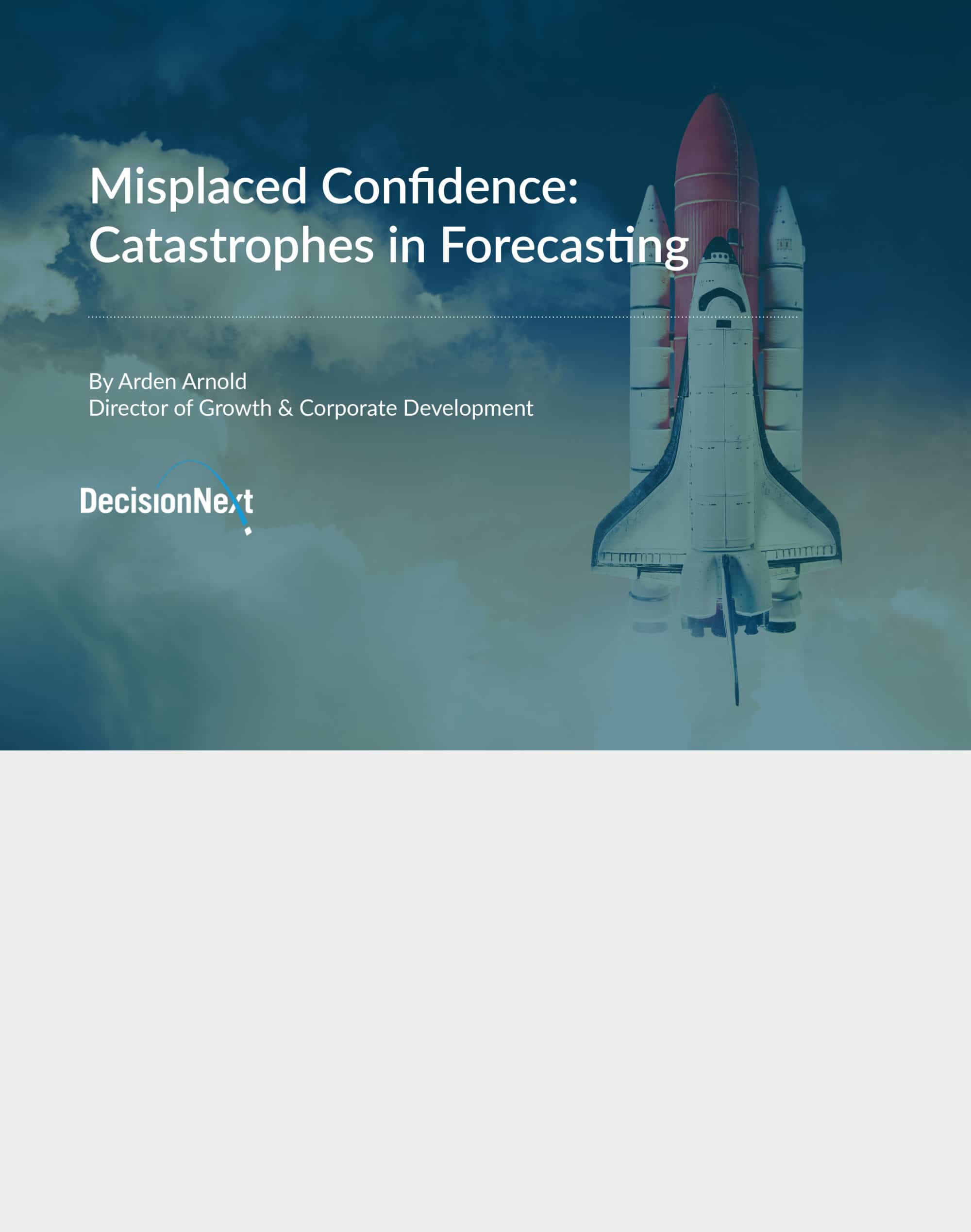Stanway, Hart, and Taylor of Virtual Consulting recommend that investors apply a set of principals to their decision making. The economists John Galbraith, Robert Hagstrom, and Howard Marks have derived the following rules for successful investments:
- Mining is a cyclical business. Minerals are limitless, but supply will inevitably lag behind demand. This triggers periodic asset price spikes. Investors need to ignore psychological biases and buy when the market is down.
- Value is much more than operating costs. It is instead the sum of a business’s capital, operating costs, and revenue. Value and risk must also be considered when computing capital.
- In order to prosper, investors need to be patiently opportunistic. Leadership needs to be agile and open to new opportunities as they emerge.
- Both successful and threatened businesses are generally inward looking. This can be counter productive, because external methods that challenge the status quo can be profitable. Leadership needs to be willing to experiment.
- Leadership needs to be aware of shifting business models. Existing models become obsolete over time and leadership should investigate new models. For instance, Xerox invented the GUI but stayed with copiers.
- Management cannot be a slave to the expectations of institutional investors. The bottom line can be a myopic lens for business, and cause leadership to miss cyclical downturns. Successful business strategies will stagnate over time.
- Executive focus on cost reduction and productivity will ultimately be self-defeating. Management needs to continuously explore new value adding and growth opportunities.
- Strategy is as much about competency as choosing direction. High-risk Greenfield operations are not risky with the right expertise.
- Commercial excellence will only take industries so far. Significant business valuations can be accomplished by merging with companies with a sharper focus.
- Too many companies fall into the trap of practicing expertise in all areas. With all the competition in a global marketplace, this is a losing strategy. Successful corporations specialize in a specific niche to stay competitive.
Corporate leaders should be prepared to ask themselves three questions about their enterprise:
- Where does the business have a competitive advantage or how can an advantage be achieved?
- What competencies need to be developed within the existing business strategy?
- Is the enterprise prepared to develop new competencies to stay competitive or can it be acquired in merger?
Critically thinking through these 3 questions will enable you to develop the right strategy to lead to long term outcomes that weather market fluctuations.









